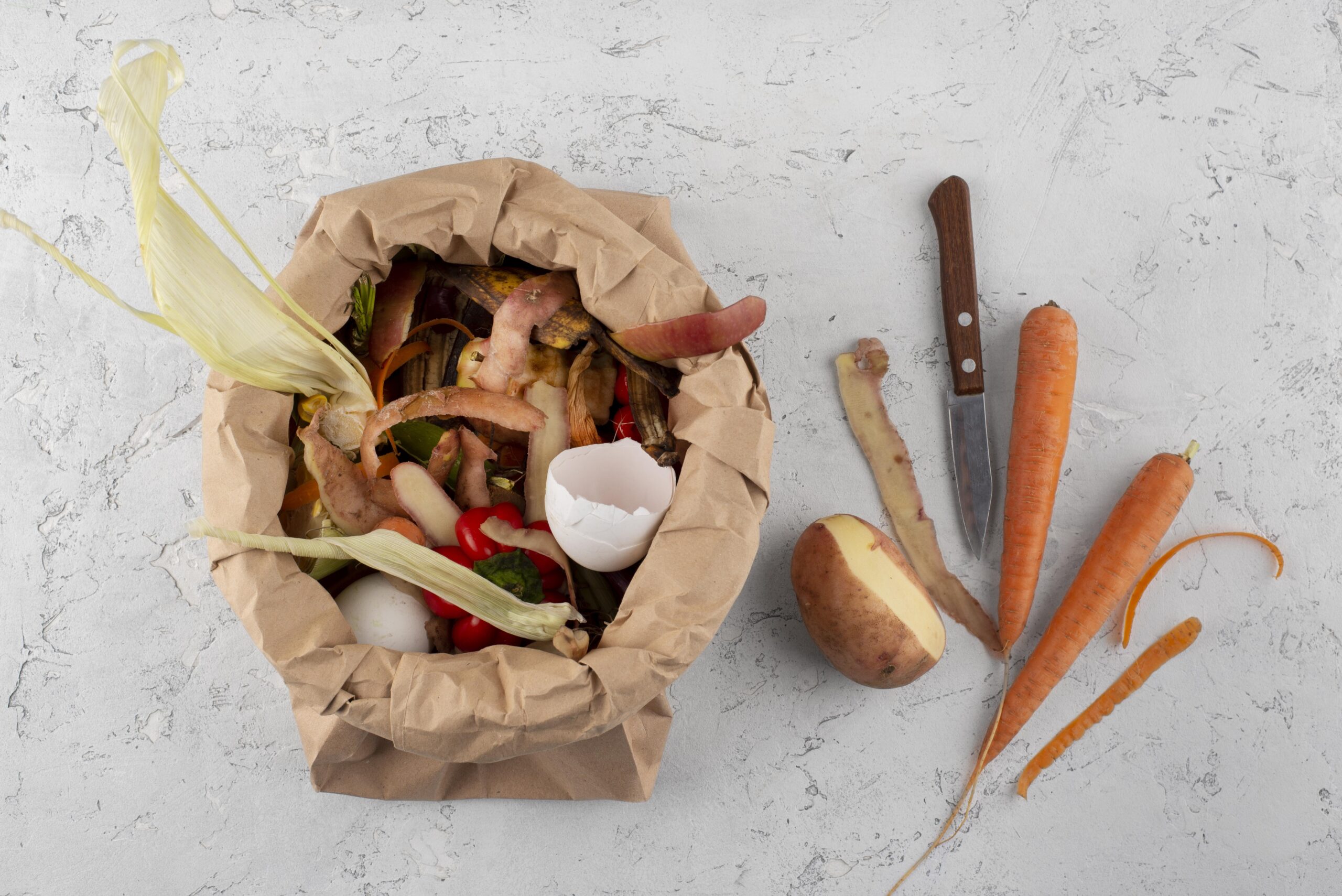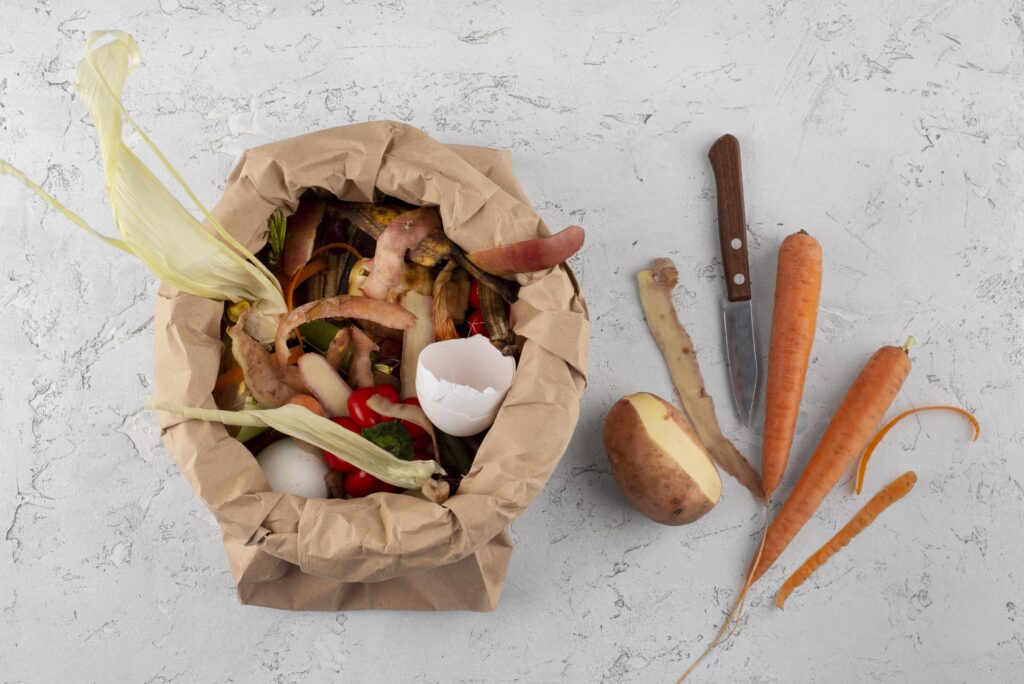Written by: Zhuang Qian, Wu Chen
From: SDU Life Cycle Engineering, Department of Green Technology, University of Southern Denmark, 5230 Odense, Denmark

Food Loss and Waste (FLW) challenges the global commitment to sustainably transforming food systems (EU, 2020; FAO, 2019). As a major inefficiency within food supply chain, FLW remains insufficiently understood, making it difficult to identify impactful solutions. Efficient and accurate measurement of FLW could foster a deeper understanding. Such measurement not only provides insights into the FLW hotspots identification but also informs policy decisions. However, current FLW measurements show considerable disparities, particularly in data collection methods (Xue et al., 2017). To maximize efforts in addressing FLW issues, it is urgent to harmonize measurement practices, ensuring both consistency and reliability. WASTELESS project aims to provide a baseline framework for the implementation of measuring and monitoring of FLW among other objectives. To achieve this framework, several key activities were conducted, including mapping existing FLW practices and legislation, reviewing current FLW definitional frameworks, and performing quality analyses like expert consultations to identify barriers and propose solutions (WASTELESS2023a; WASTELESS 2023b).
Generally, a well-defined framework for FLW measurement and monitoring is lacking, with specific barriers arising from several factors, such as knowledge deficiency, low public awareness, inefficient management, and practical challenges in data collection explained below in more detail
- Knowledge deficiency refers to the lack of understanding of key FLW issues, including specific gaps such as the scale of FLW, their impacts, and the most effective methods for data collection.
- Low public awareness pertains to insufficient motivation to address FLW issues at both individual and industrial levels. Individuals and food industry practitioners may resist potential changes to their daily routines or operational processes resulting from FLW data collection efforts. They may lack incentives to engage in the data collection process due to limited perceived benefits in reducing FLW. For industries, reporting actual FLW might risk damaging corporate reputations, and certain FLW reduction strategies might conflict with business goals or profitability.
- Inefficient management may result from weak regulations or limited legislative action on FLW measurement and reduction. The absence of a reliable FLW data management system, coupled with limited coordination and communication among FSC stakeholders, further obstructs data sharing and analysis. Additionally, the implementation of measurement efforts is often hampered by challenges related to human resources and financial constraints.
- In practice, FLW data collection methods are often inconsistent, and the data is typically poorly analyzed and rarely compared, making meaningful analysis across datasets nearly impossible. The lack of a unified FLW definition makes it difficult to fully utilize data across industries and regions. Additionally, the absence of a comprehensive and widely accessible database further complicates efforts to harmonize FLW measurements.
Addressing these barriers will significantly advance the harmonization of FLW measurement and monitoring, creating opportunities for effective reduction strategies and ultimately informing policy-making efforts.
Reference
EU. (2020). Farm to Fork Strategy.
FAO. (2019). Moving forward on food loss and waste reduction. Food and Agriculture Organization of the United Nations.
WASTELESS. (2023a). D1.1 – White book for FLW reduction,
measurement, and monitoring practices
WASTELESS. (2023b). D1.2 – Report on improved framework for FLW measurement & monitoring.
Xue, L., Liu, G., Parfitt, J., Liu, X., Van Herpen, E., Stenmarck, Å., O’Connor, C., Östergren, K., & Cheng, S. (2017). Missing Food, Missing Data? A Critical Review of Global Food Losses and Food Waste Data. Environmental Science & Technology, 51(12), 6618–6633. https://doi.org/10.1021/acs.est.7b00401


At IFPA, we are trying to make progress in making supply chain issues more visible for fresh fruits and vegetables through our Fresh Supply Chain of the Future project. At our next collabathon, which will take place on December 4, we will discuss how to share data throughout the supply chain better. Learn more about our project, Supply Chain of the Future: Collabathon, at Supply Chain of the Future: Collabathon. There will be virtual follow-up sessions, and it may become apparent which data can contribute to better mapping FLW.